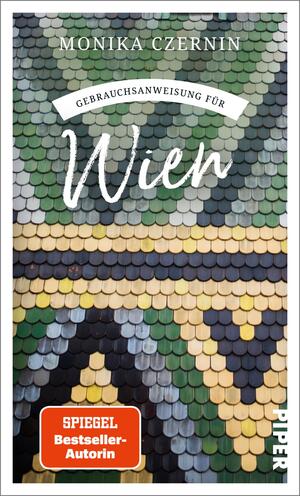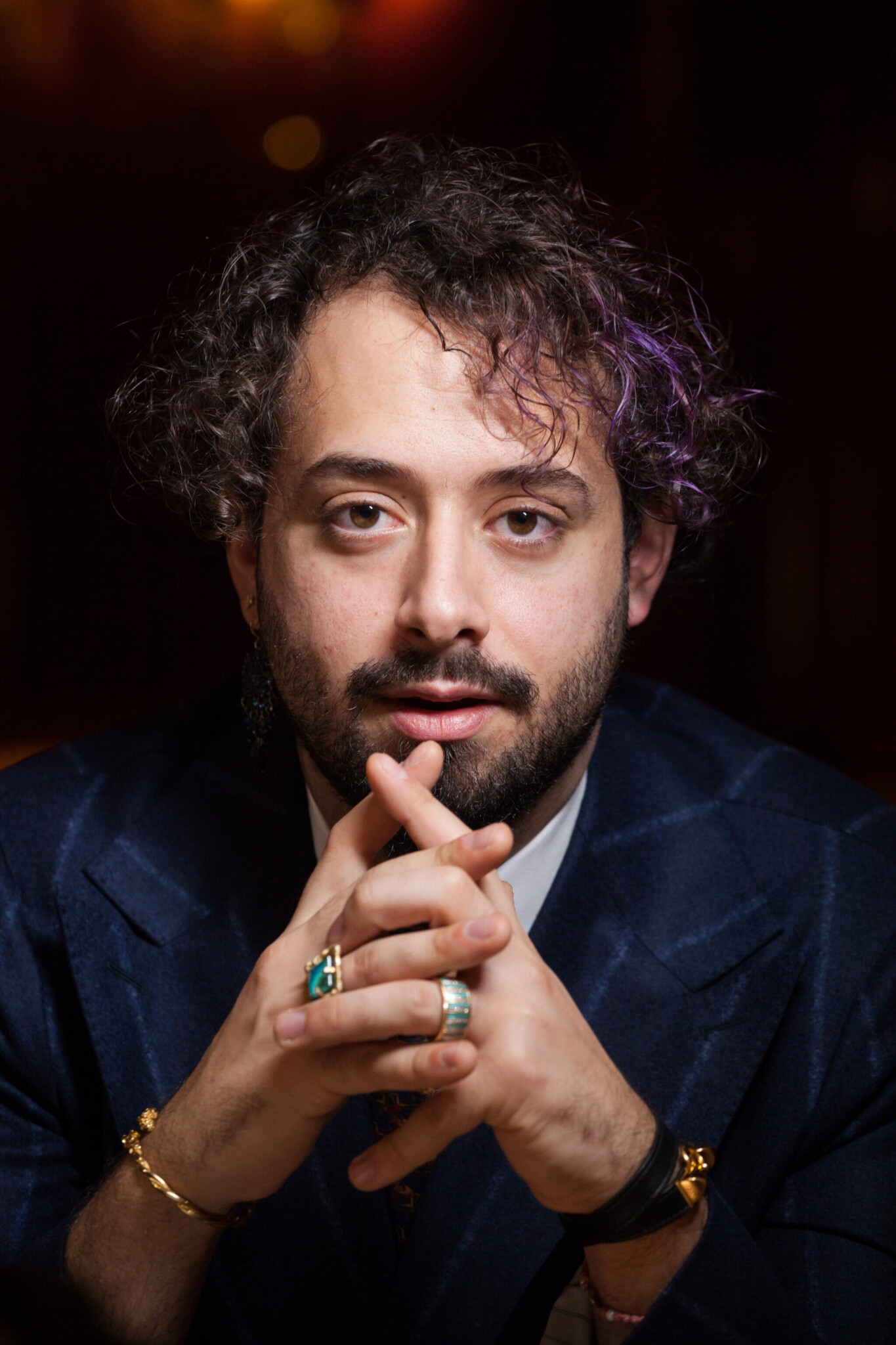
(Copyright: Piper Verlag GmbH)
Anyone who comes from Vienna, has never moved here and has always lived here should know this city. or?
I set myself what at first glance seemed like a ridiculous task: to read a book about Vienna. It's called “Instructions for Use for Vienna”, written by Monika Chernin. The book, just 224 pages long, appears in an updated fourth edition in 2024, was first published in 2003 and is one of Chernin's bestsellers.
It's not a travel guide – at least not in the traditional sense. Czernin writes about different aspects of the city, the inner-city palaces, the history of the Ringstraße, café culture, the individual districts of Vienna and their changes, and the red and Jewish Vienna of yesterday. Why is the city as musical as it is? And the strong theatrical scene. It deals with morbidity in Vienna and the Vienna Central Cemetery. It allows the Viennese bourgeoisie to wander into the minds of readers. It clearly explains Vienna and its historical connection with the East.
In fact, I'm learning a lot about the history of this city. She makes literary and elegant gestures, as if she is leading you through the city through crowds of people and constantly making the invisible visible, precisely when she presents the vivid history behind the walls and streets.
But she's also credibly grounded in the present day when she writes about escape scenes and options, photographs restaurant and café gems, or extols green oases tucked away in dusty apartment blocks.
Vienna presents itself as a historically burdened place. To capture Vienna in all its colorful splendor, of course, you need history lessons, which Chernin delivers at eye level, evocatively and with plenty of picturesque descriptions.
From waiters and tourists
Every now and then you imagine yourself meeting the narrator in the café when she describes German tourists as follows:
“We like the typical Viennese steak with dumplings and dumplings.” It wouldn't take more than that to annoy the waiter. He grabbed them by the collar and said very firmly and briefly: “And you are out again.”
I am from Vienna and have spent my whole life here. However, there are a lot of things I don't know or know only by hearing/saying. The book shows what you can still experience from this city, but at the same time how you should understand this city.
Example: I also learned in my youth that a waiter in an old-fashioned café usually viewed new customers as hostile or at least looked at them suspiciously before taking the order without a greeting and in silence after what seemed like an eternity. And the fact that this is certain (in a broader sense) is helping this city learn how to suffer better.
When Vienna is advertised (for example in tourist advertisements), there are sometimes excessive references to the Habsburgs, aristocratic palaces, the Sachertorte and waltzes. This comes up enough in the book as well. And yes, that's right, that's what makes Vienna Vienna. But sometimes it's too much decoration for me at once. But Czernin presents a less one-sided picture of Vienna, where Sachertort, Waltz, and Lipizzaner constitute only one piece of the mosaic among many.
My conclusion: If you are new to this city, i.e. a “trainee”, this book will help you understand this city better. What distinguishes this book is the author's historical depth as well as the elegant style.
For Old Viennese: It's not essential, but it gives you a lot of historical knowledge that you probably didn't have before.
About the author:
Monika Czernin was born in Klagenfurt in 1965. He studied political science, philosophy and education in Vienna. She is an internationally acclaimed filmmaker and author who focuses on central figures and turning points in European history. For her book about Joseph II, “The Emperor Travels in Disguise”, published in 2021, she received the Friedrich Scheidel Prize for Literature in 2023. She has been a member of the European Academy of Sciences and Arts since 2023. Monika Czernin lives in Tutzing on Lake Starnberg, but she always comes to Vienna to visit.

“Explorer. Communicator. Music geek. Web buff. Social media nerd. Food fanatic.”





More Stories
Who is the band Gojira that will perform at the Olympics opening ceremony?
SpaceX Moves Crew Dragon Spacecraft to West Coast After Multiple Space Debris Incidents
Stathis Karapanos – Hindemith Review: Complete Works for Flute